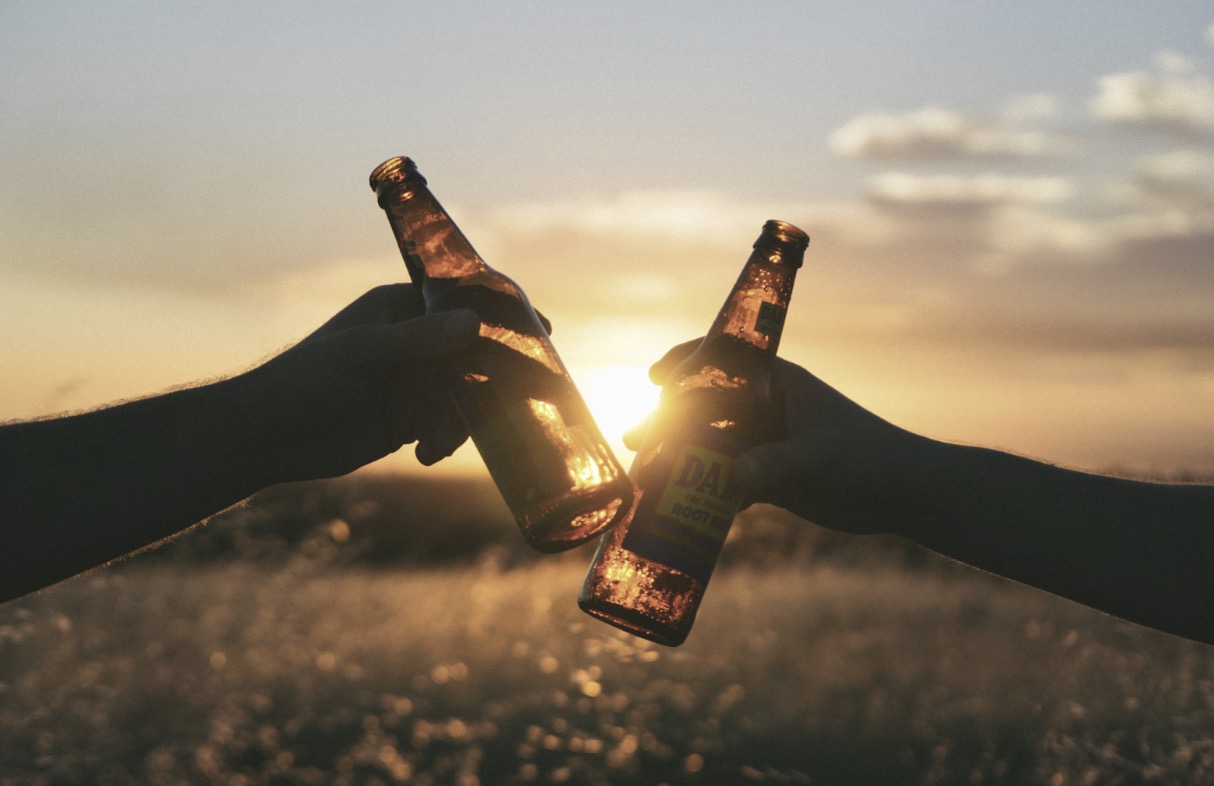Have you ever woken up after a night of drinking with no memory of what happened? This scenario results from an alcohol blackout, which is a sign of alcohol use disorder or alcohol addiction. Blackouts occur when someone has a blood alcohol concentration of about 0.15 or higher.
Drinking too much alcohol or too quickly can result in a rapid rise in blood alcohol levels. The rise in blood alcohol levels is likely to increase the likelihood of a blackout. With alcohol-related blackouts posing numerous health and physical challenges, it’s important to choose the best strategies to prevent it.
This article explores responsible drinking strategies to help prevent blackouts and promote overall well-being.
Reader's Roadmap
Understanding Blackouts
People often confuse “blacking out” with “passing out,” which refers to a temporary loss of consciousness when someone no longer displays voluntary behaviors. Nevertheless, an alcohol-induced blackout entails experiencing memory loss while remaining conscious and awake. If you blackout after taking excess alcohol, you can walk or move around, seem fine, and even interact with those individuals around you.
Total blackouts and fragmentary blackouts (grayouts or brownouts) are the two common alcohol-related blackouts. Fragmentary blackouts involve gaps in your memory combined with some recollection of events. In contrast, total blackouts involve no recollection of events because memories of what happened never form. However, if you have the recollection, you may not access them.
Responsible Drinking Strategies to Prevent Blackouts
Responsible drinking can help prevent blackouts and promote overall well-being. Let’s look at some strategies you can consider:
Set a drinking limit before heading out
Setting a drinking limit before heading out is an essential strategy for responsible drinking. The National Institute on Alcohol Abuse and Alcoholism (NIAAA) defines lower-risk drinking as having not more than four drinks in a day for men and not having more than three drinks in a day for women. It’s important to have a limit to commit to and avoid taking alcohol in rounds, especially when in the company of friends who take too much. In addition, finishing your drink or content before starting the next round rather than topping or adding up your glass can help you prevent blacking out drunk.
Track your drinks
Tracking your drinks is an effective strategy for responsible drinking and preventing blackouts. You can consider various methods like a digital note each time you order a drink or using a drink-tracking app. By tracking your drinks, you can be more mindful of your alcohol consumption and avoid drinking more than you intended. Drink-tracking apps provide an easy and intuitive tracking feature. These apps also have additional resources to help you learn about mindfulness, build better habits, and effectively cope with cravings.
Drink slowly
Studies show that sipping your drink is effective in helping you to avoid alcohol-related blackouts. Drinking too quickly can cause a sudden spike in your blood alcohol concentration (BAC). A spike in blood alcohol concentration results in blackouts. Setting a timer on your phone to limit yourself to one drink an hour can help you maintain a steady pace and avoid consuming alcohol too quickly. Encouraging your friends to sip their drinks slowly as well can also be beneficial.
Eat before and during drinking
Eating before and during drinking can help slow down the absorption of alcohol into your bloodstream that’s key in preventing blackouts. Meals with high protein, fat, and carbohydrate levels play a key role in retarding gastric emptying. You can consider these meals to help you reduce the absorption of alcohol. Remember that drinking water before, during, and after drinking alcohol can also help you stay hydrated and prevent blackouts.
Avoid drinking games and shots
You can prevent blackouts resulting from excessive alcohol consumption by avoiding drinking games and shots. In addition, keep off other activities that can lead to rapid and excessive alcohol intake. Instead, sip your drink slowly and encourage your friends to do the same. Consuming alcohol too quickly causes your blood alcohol level to rise rapidly which can lead to a blackout.
Choose drinks with a lower alcohol content level
The greater the alcohol content in a drink, the higher the likelihood of experiencing a blackout due to excessive drinking. You can prevent a rapid increase in your BAC by opting for beverages such as beer or cider, instead of strong spirits. If you prefer a stronger drink, consider mixing it with a substantial quantity of a non-alcoholic mixer like tonic water, soda, or juice.
Know your triggers
Triggers are often a normal part of recovery from alcoholism and help you prevent alcohol-related blackouts. Learning how to identify and manage one’s triggers is essential in working towards sobriety. Triggers can be people, places, objects, and even smells that bring up memories of past times in an alcoholic’s life. These triggers will make you feel the urge to drink again. Triggers come in several categories, including environmental, emotional, behavioral, and psychological.
To avoid alcohol-related blackouts, it’s important to know your triggers and try to avoid or manage them healthily. Some strategies you can consider are avoiding high-risk environments or situations where you might find alcohol in plenty, coping with stressful moments, and setting a drinking limit before heading out. Identifying, listing, and understanding your alcohol use triggers is extremely important, but it is only the first step. After identifying them, you must decide how to make these triggers less frequent and more powerful.
Keep off alcohol when taking other medications or drugs
Alcohol can interact with specific medications or drugs. These interactions increase the likelihood of experiencing blackouts or other undesirable side effects. Avoiding alcohol consumption when on medication can help you solve this issue. Read all the medication instructions or talk to your doctor or pharmacist about whether you can safely use them in combination with alcohol.
The Link Between Blackouts and Alcohol Addiction
While blackouts can occur in individuals who don’t have alcohol addiction or AUD, they’re more common in those who do. Alcohol addiction is characterized as a persistent recurring condition linked to excessive alcohol consumption, the inability to manage one’s intake, and the occurrence of adverse emotional symptoms when alcohol is unavailable.
If a person has AUD (particularly if it is moderate to severe) and involves alcohol addiction, they’re more likely to regularly experience blackouts. If you’re struggling with alcohol addiction or face frequent blackouts, it’s essential to seek professional help to address the underlying issues and develop a plan for recovery.
Conclusion
Responsible drinking strategies can help prevent blackouts and promote overall well-being. By setting a drinking limit, tracking your drinks, drinking slowly, eating before and during drinking, avoiding drinking games & shots, knowing your triggers, and avoiding alcohol while taking other drugs or medications, you can enjoy alcohol in a safe and responsible manner. If you find it difficult to control your alcohol consumption or if you experience blacking out drunk, it’s important to seek professional or expertise help. Professionals can help you address any underlying issues and develop a plan for recovery.







Leave a Reply
View Comments